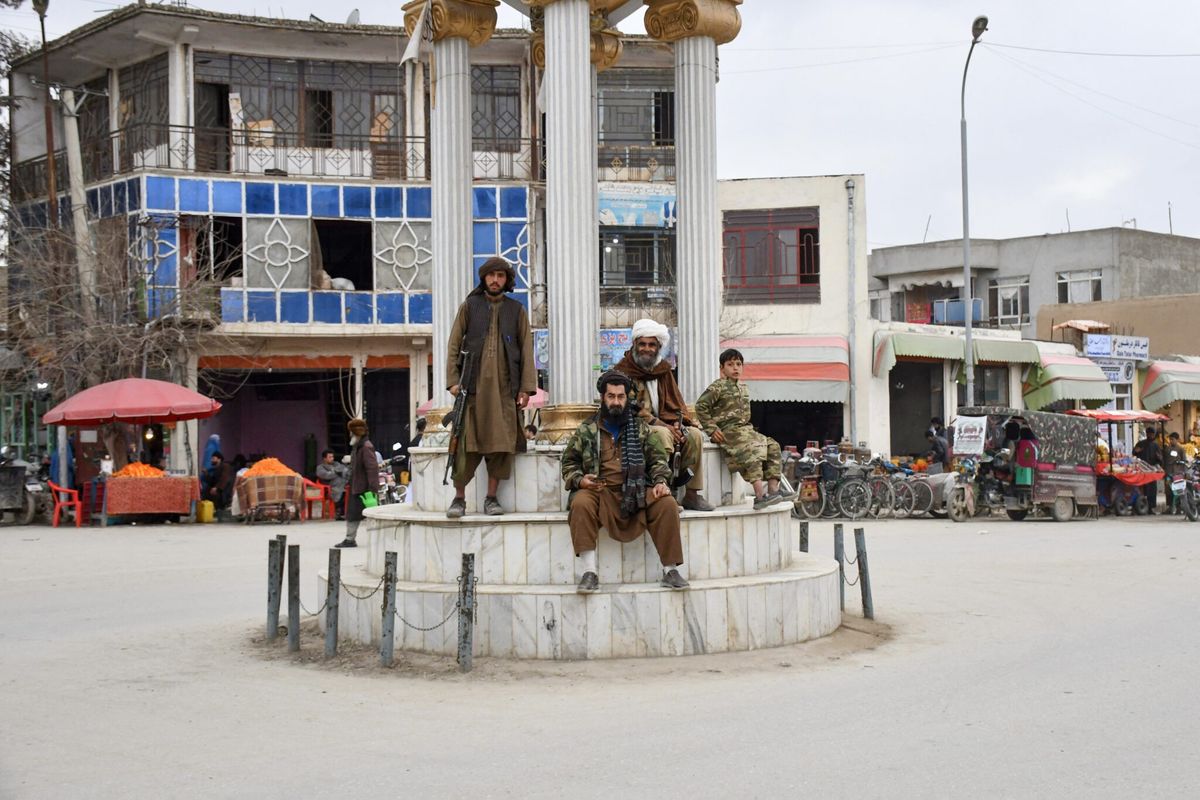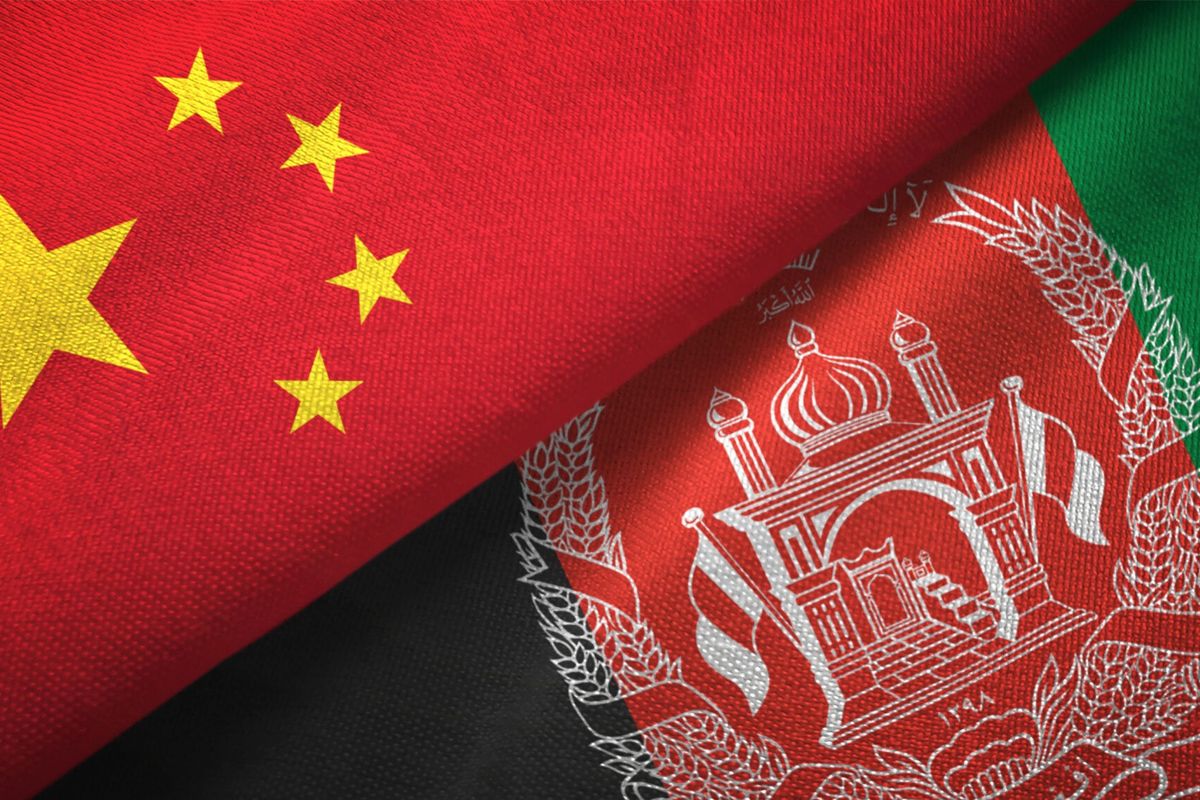A number of countries are pushing back against the International Criminal Court (ICC). South Africa notified the UN-Secretary General in October that it is withdrawing from the Court. Russia may follow suit after finding out the Court plans to investigate Russian actions in Georgia in 2008. Even the U.S., which does not recognize the authority of the ICC, is making noise, unhappy that the ICC may investigate American actions in Afghanistan. However, Catherine Lotrionte, former Counsel to the President’s Foreign Intelligence Advisory Board, told The Cipher Brief, a wave of withdrawals from the Court is unlikely.
The Cipher Brief: A number of African countries – Burundi, Gambia, South Africa – have announced their exit from the International Criminal Court (ICC). What is the formal process for leaving the court?
Catherine Lotrionte: The International Criminal Court was created in 1998, with the Rome Statute of the ICC entering into force in 2002. Pursuant to the Rome Statute, Article 127, a state that is party to the treaty may withdraw from the Rome Statute – and hence, the ICC – with written notification to the Secretary-General of the United Nations (UN). The withdrawal will then be effective one year after the date of receipt of the notification unless the notification specifies a later date for withdrawal.
TCB: Kenya, Namibia, and Uganda have indicated they may leave as well. Do you think this is likely? If so, what impact could this have on the Court?
CL: I think that the risk of any mass withdrawal by African states is probably low. There are important costs to withdrawal that any African state will consider before doing it. For example, they could face retaliatory measures, such as cutbacks in European Union (EU) or U.S. development aid.
The possibility of some kind of mass withdrawal began when Sudan’s President Omar al-Bashir was indicted for crimes against humanity and war crimes in 2000 and for genocide in 2010. This is when the protests against the ICC from the African countries started to intensify and spread. It was the first time that a sitting leader was indicted, and this concerned many other African country leaders who started to wonder if they were next.
One of the criticisms about the ICC that began to spread was that the Court was anti-Africa, and that African states were being targeted by the ICC because the Court was a tool of the West. By the end of 2013, there were calls to discuss a “mass withdrawal” of African states from the Rome Statute at the next African Union (AU) summit on the ICC. The AU ultimately did not act on the threat – a number of African states were able to keep the issue of the ICC off of the agenda for the 27th AU summit in July 2016.
What this has shown is that the African states are divided on the issue of withdrawal. Not all African states feel the same. The majority of African states are silent bystanders on the issue of the ICC. In fact, even after the Court issued the arrest warrant against Bashir, other African states ratified the Rome Statute: Seychelles in 2010, Tunisia and Cape Verde in 2011, and Cote d’Ivoire in 2013. Even though African states may be hostile towards the ICC that does not necessarily mean they want to withdraw.
Even Kenya has wavered on this. The Kenyan government voted for withdrawal in 2013 but never followed through with that decision, which would have required a notification to the UN Secretary-General. However, South Africa’s announcement on October 21, 2016 that it had notified the UN Secretary-General it was withdrawing from the ICC does set a precedent and could encourage Kenya to follow through.
The African states that are most likely to withdraw are those that have been accused of violating their legal obligations under the Rome Statute to cooperate in arresting criminals like Bashir. Once these states become targets themselves of the ICC for non-cooperation, they are more likely to seek withdrawal. South Africa is an example. The country welcomed Bashir in June 2015 to the AU’s 25th summit, even after the ICC issued his arrest warrant, and then announced its withdrawal from the ICC a year later. Other African states that have violated their obligations are Kenya, Uganda, Nigeria, Democratic Republic of Congo (DRC), Malawi, Chad, and Dijibouti.
TCB: As you said, a key complaint from African members has been that the Court targets them. However, for the first time ever, the ICC could hold Americans accountable for actions in Afghanistan. Is this a coincidence? Or is it possible the ICC brought this to the forefront to try to stave off some of the African withdrawals?
CL: The Office of the Prosecutor for the ICC released its report in November 2016 stating there were allegations of war crimes being committed by the U.S. in Afghanistan, and that it would open an investigation into those allegations. However, it has been speculated that the ICC might investigate such claims since 2014, when the U.S. Senate released a report on the investigation into U.S. torture of prisoners in the “war on terror.”
While the timing of the release of the ICC report is interesting given the recent withdrawal of South Africa, African countries’ complaints about the Court targeting African states and being a tool of Western countries have been going on for a long time. So, we cannot be certain that the decision by the ICC prosecutor to release the report stating it would investigate the claims of war crimes by the U.S. was purposefully targeted to placate the criticism from African states – although it certainly helps the Court look more legitimate in that it will stand up against the U.S.
Even if the U.S. rejects the Court’s jurisdiction and avoids the prospect of an American standing trial before the Court through Article 98 agreements (bilateral immunity agreements), following through with the prosecution still would help the Court to appear fair, in contradiction to what African nations have been claiming about unfair treatment and double standards.
TCB: How likely is it Americans will be indicted?
CL: If the ICC prosecutor proceeds with the investigation, I think it is highly unlikely that an American would be charged. First, pursuant to Article 17(1)(a) of the Rome Statute, the jurisdiction of the Court is to be complementary to national criminal jurisdictions. The ICC can intervene only when there has been no investigation, prosecution, or trial in relation to the case by the country whose national is being accused. It is only when a nation is unable or unwilling to genuinely investigate and prosecute the perpetrators that the ICC can take over. This means that the U.S. can prevent an ICC prosecution by undertaking a good-faith investigation and prosecution in its own military or civilian courts. Indeed, some American military and intelligence personnel have already been prosecuted for crimes in Afghanistan from 2009 and 2012.
In theory, it is possible that a current ICC member state that obtains custody of an American could provide the American to the Court for prosecution, assuming the U.S. does not notify the prosecutor that it will investigate or prosecute under U.S. law. However, the U.S. has entered into Article 98 agreements with many ICC member states. Under the Article 98 agreements, a country agrees not to turn U.S. persons over to the ICC without U.S. consent. Although the use of Article 98 to enter into theses agreements has been criticized, their use is consistent with the Rome Statute as well as international law.
TCB: How important is the ICC to the United States and U.S. national security?
CL: The ICC and what it stands for does indeed contribute to U.S. policy goals, including national security goals. For example, the Court’s work to stop atrocities and hold individuals responsible for crimes does a lot to promote democracy in many countries. This is in line with U.S. national security objectives. The work of the Court also promotes the rule of law that again is in line with U.S. national security objectives.
TCB: Russia and the Philippines have also indicated their intention to leave the ICC. So, with this in mind, what is the current state of the ICC overall?
CL: When the Prosecutor of the ICC opened an investigation regarding the 2008 conflict in Georgia, Russia announced it would review its relationship with the ICC.” It is not surprising that Russia would be hostile to the ICC and continue the anti-ICC attitude.
This, combined with the fact that the ICC had preliminary investigations into both Iraq and Afghanistan, is a sign that the ICC is not just focusing on African countries. This is an important move for the ICC’s legitimacy.
The ICC should indeed focus on more non-African cases for investigation in order to ensure that African states know that their concerns have been heard. Currently, the Office of the Prosecutor is conducting preliminary examinations into Afghanistan, Iraq/UK, Palestine, Cambodia, Colombia, and the Ukraine. At the same time, the Court should not forego investigations and prosecutions of African state leaders just because of the criticisms that such African states have made towards the Court.













